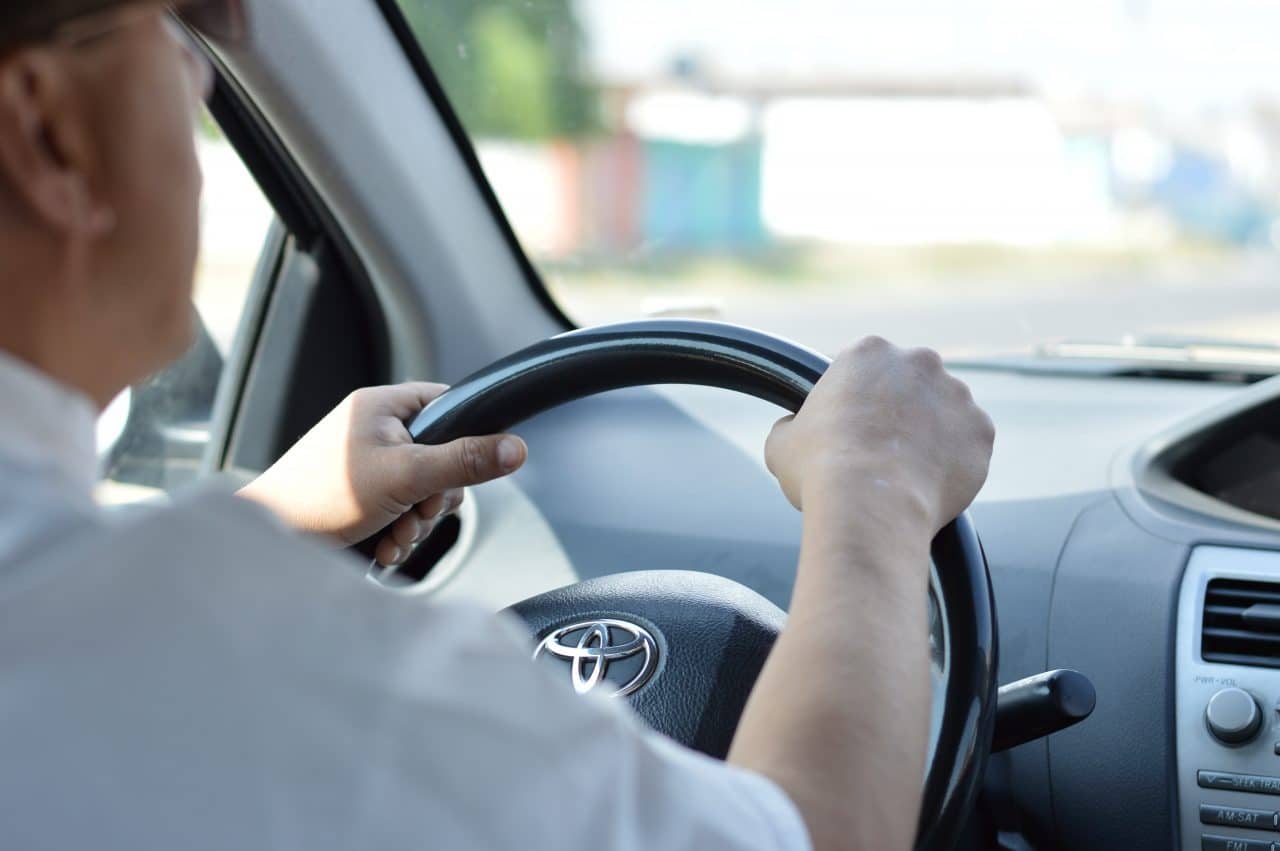If you have hearing loss you may be missing out on important sounds when you’re driving down Interstate 205. By addressing your hearing health and taking proper precautions, you can help ensure your safety and the safety of others when you’re on the road.
Sounds You Might Be Missing

If you’re struggling to hear, you might miss out on sounds that can impact your ability to drive, such as:
- Another car honking their horn to try and get your attention
- Sirens from emergency vehicles or law enforcement
- Your turn signal accidentally being left on
- Unusual sounds coming from your own car that could indicate a problem with the vehicle
Hearing Loss Makes Driving More Difficult
The Foundation for Traffic Safety looked at data from 2,046 participants aged 65-79 to examine how hearing loss affects driving patterns. The study found that people with hearing loss were less likely to drive:
- At night
- In rush hour traffic
- On high-speed roads
This suggests that hearing loss may lead to added difficulty while driving and prevent those who have it from driving as regularly or in certain situations.
What You Can Do
If hearing loss is interfering with your ability to drive the first thing you should do is make an appointment for a hearing test. An audiologist will be able to determine your level of hearing loss as well as offer treatment solutions.
Hearing aids are the most common treatment for hearing loss. Not only can they amplify the sounds you need to hear while on the road, but they can also help take additional stress off your brain.
When you have hearing loss, your brain must work harder to process and understand sound. This can leave you feeling unfocused and mentally fatigued, which is not something you want when you’re behind the wheel.
Some other safety tips include:
- Listen to music at a low volume and ask others to speak quietly while you drive
- Properly care for your hearing aid to avoid issues like distorted, muffled sound or feedback while you are driving
- Make sure your hearing aid batteries are fresh or fully charged before hitting the road
- Close your car window to reduce outdoor noise
- Stay focused. No checking your phone while driving!
For more information on driving with hearing loss or to schedule an appointment with one of our experts, contact Willamette ENT & Facial Plastic Surgery today.
“Had a great experience. Got in very quick and felt safe with covid protocol! Everyone was extremely nice.”